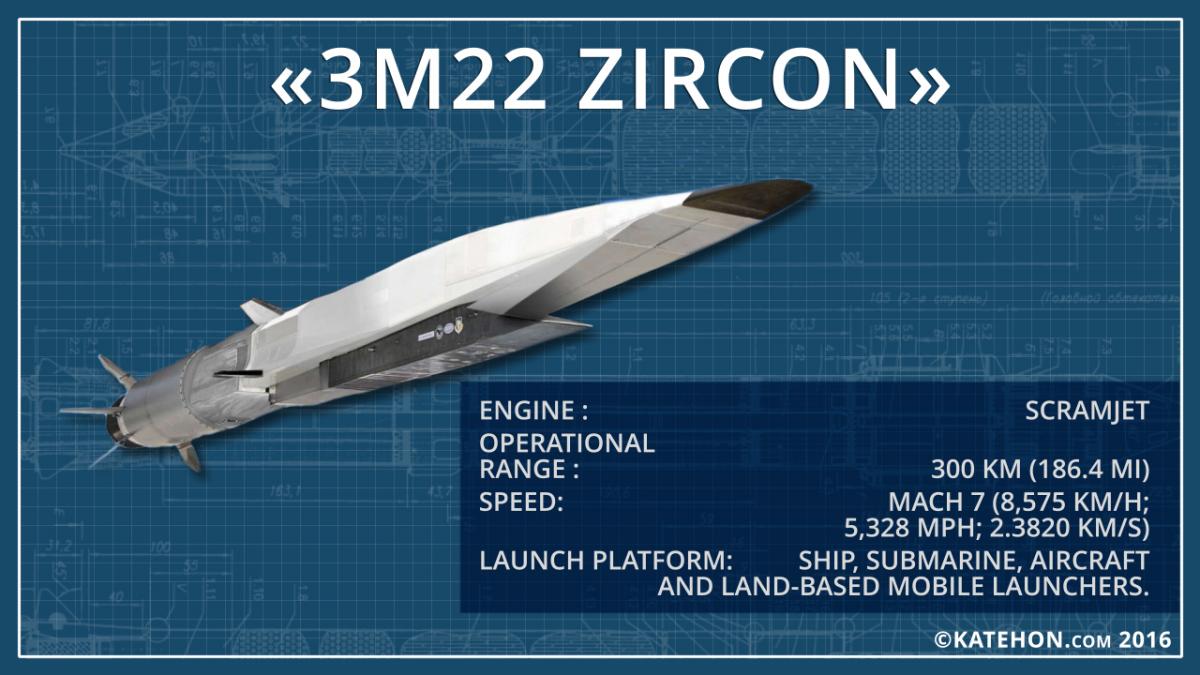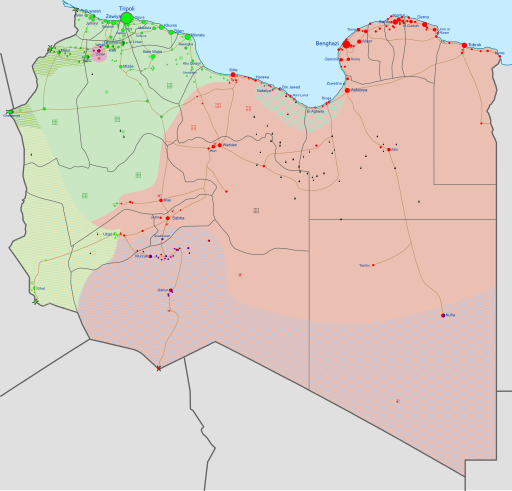.
Previous posts dealt with the threat and challenge of a possible surprise air attack on high value targets (HVT*)**, particularly with hundreds of precision-guided missiles (PGM*). Such a surprise air attack could take out much of Europe's air power and other high value targets in the first hour of hot conflict.
 |
Hypersonic missiles are the scare missiles du jour,
supposed to scare you |
I suppose that there's no promising way to protect against such an attack in calm times because the required defences could not realistically be held in a sufficient readiness (with high-powered radars operating 24/365, for example). It might be feasible to protect against it in times of crisis. Recent events have highlighted the side effect risks of such a readiness, though.
So let's look at how we could set up such (crisis time) defences under the assumption that we could (technically) detect and intercept even terrain-following cruise missiles that possess very small radar reflexivity and quasiballistic / hypersonic missiles with a worthwhile probability of success.
Europe is large, and both its coastlines and its Eastern frontier are long. So I suppose that the only feasible way of actually defending against a large wave of PGMs would be through the use of area air defences. It doesn't appear to be promising to use hundreds of short-range air defence sites. Short range air defences are most unlikely to be effective against quasiballistic / hypersonic PGMs anyway.
The area air defences would have a much smaller 'footprint' (protected area) against quasiballistic / hypersonic PGMs than against cruise missiles (a well-known phenomenon with existing area air defences), so this backbone of defence could be split into a defensive line behind frontier (with spacings suitable for intercept of cruise missiles) and along coasts on the one hand (same) and other 'rear' firing units providing a protective 'umbrella' to clusters of HVTs (also against medium range quasiballistic and hypersonic missiles).
The erroneous killing of civilian aviation could be avoided by not permitting the area air defences to fire on subsonic targets unless there's a high confidence detection of a large wave of incoming cruise missiles somewhere in Europe.
A small first wave of PGMs might be launched to exploit this and take out the area air defences, of course. Soft kill (multispectral smoke, local and directed jamming against imaging radar and satellite navigation), hard kill (short or very short range air defences to intercept the few incoming missiles) and evasion (quick reaction movement of the possibly targeted assets by few hundred metres) could be used to harden the defence network against this. This would be a particular challenge at coasts and close to certain borders (where many cheap munitions could be used with very little warning time to defeat the defence network), and much easier for rear cluster defence units (such as near Berlin or Paris, for example).
Another problem is airborne standoff jamming. The frontier chain of defence against cruise missiles might be exposed to this, and thus be an unreliable proposition for defence. Standoff jamming would help stealthy cruise missiles a lot. Non-radar sensors may be required to make this line technologically redundant and thus more trustworthy.
Legitimate supersonic contacts would be known to all firing units (not many friendly supersonic capable aircraft would be around, and they would have their transponders active), so threat supersonic/hypersonic missiles would be identified as such with ease once detected.
Such defences would be integrated (keyword IADS), but this integration must not be a necessity, for a necessity would introduce a potential systemic point of catastrophic failure.
It shouldn't be much of a problem to elevate the defences to crisis (high readiness) mode. This should not require a political-level direction. Spares budgets and personnel policies should allow for military leadership to elevate the readiness to crisis mode at slight hints of a surprise attack threat on its own. The safety precautions and defensive nature should suffice to convince the political leadership to permit this.
This begs three important questions:
(1) Is this technically feasible? Can we really detect and intercept challenging PGM targets with sufficient reliability, possibly in face of standoff jamming by hostile aircraft and disruptions of network integration?
(2) Is this affordable? Several existing air defence projects have shown extremely high costs for area air defences. Active radar seeker missiles are very expensive. Even the Russian S-400 system is said to be multiple times as expensive per regiment than S-300.
(3) Should it be done as a multinationally (EU or NATO) coordinated program akin to what was done with AWACS or at least the coordinated Central European area air defence belt of NATO in the 70's and 80's?
 |
| NATO SAM belt in Cold War |
I do suspect that the technical feasibility is at most a challenge of possible 10-20 years additional R&D. The obsession with BMD since the 1991 SCUD scare should actually have served a purpose in preparing us against quasiballistic and hypersonic missiles. I'm less convinced that we could deal with stealthy terrain-following cruise missiles. Especially missiles / killer drones that fly at bird speed with a bird's radar signature could slip though to at least the forward line of defence. Our doppler radars would be fooled.
The affordability is a question of political will, and thus a question of problem awareness. Even extremely expensive systems would have a price tag that disappears in the noise of economic growth volatility.
I suspect that Poland might mobilise such awareness and might set up defences for Warsaw at least. France and Italy might relocate their
SAMP/T batteries for protection of their capitals and equip them with
the newer BMD missile version, but I doubt that more than this is realistic.
A strategic PGM surprise attack in some war might be a warning shot (similar to the 1967 Six Days' War surprise attack on airbases) that could raise threat awareness to a sufficient level for a 80% solution within ten years.
The affordability could be helped by grouping HVTs in fewer clusters, but the effort to relocate HVTs is an obstacle.
Should it be done multinationally? Well, at least the exchange of situation data should be arranged. The European geography doesn't necessitate more than that IMO. Let's say Belgium did not set up a coastal line of intercept. That would not force Netherlands, Germany and France to set up lines of intercept at Belgium's borders. We wouldn't really need a linear defence that far west. Belgium's coast should merely be covered by early warning sensors, and that might actually be possible with over-the horizon (OTH) radars that require no Belgium-specific sites.
I see no reason why NATO should be involved. Returning D&F readers may understand that this is because not only Russia, but also the U.S. should be considered as a medium- to long term missile strike threat country by Europeans. A coordination of the effort by the relevant continental countries (Germany, Poland, Italy, France, Spain, possibly Denmark, Czech Republic, Portugal and Netherlands) including joint competitions for technical solutions (even if they lead to purchase of different offers as in some past competitions) would be appropriate.
The purpose of such spending would be to deny aggressor war planning the optimism that could lead to an aggression. Aggressor war planners should fear that a strategic surprise attack would fail if launched in times of crisis, and the European allies would thus retain enough military power through the first day of hot conflict to defeat an aggression with conventional means.
The feasibility depends on technical questions and political will.
related:
/2019/08/inf-20.html
/2018/10/inf-i-dont-hold-back-this-time.html
/2018/05/summary-modern-air-defences-for-europe.html
/2018/03/oth-coverage-for-europe.html
/2017/12/comment-on-european-investments-in-air.html
/2016/11/meadstlvs-alternatives.html
/2010/07/first-week-of-peer-vs-peer-air-war.html
S O
defence_and_freedom@gmx.de
*: Acronyms used to shorten the text and make it a little less repetitive
**: The links are near the end of the blog post.
.





